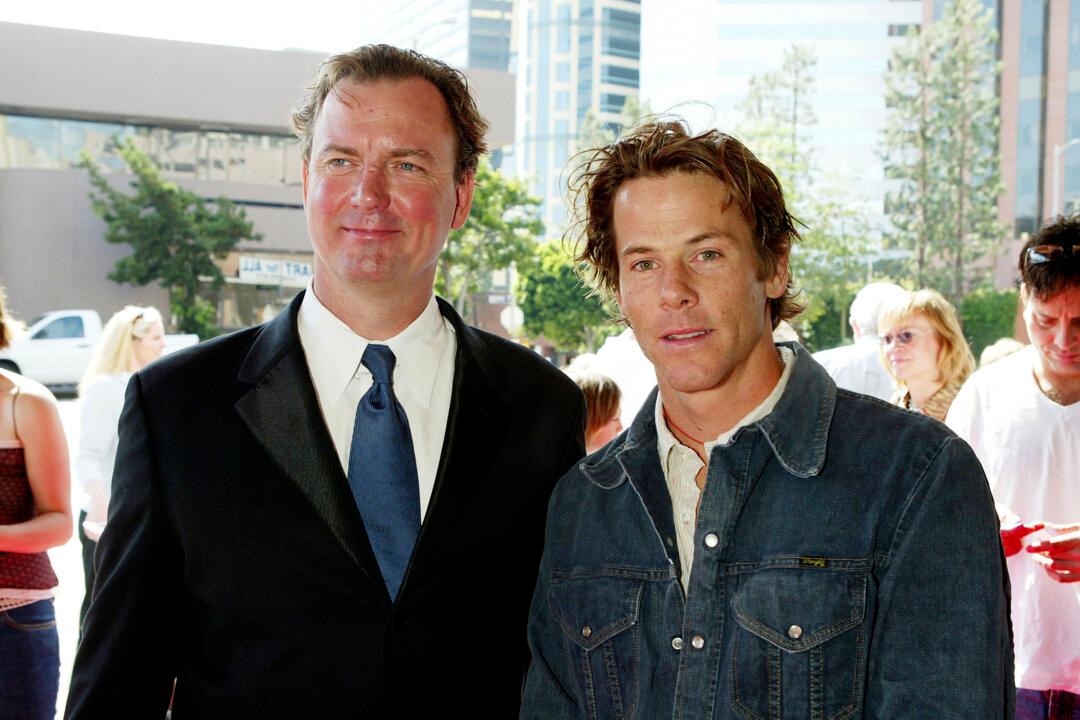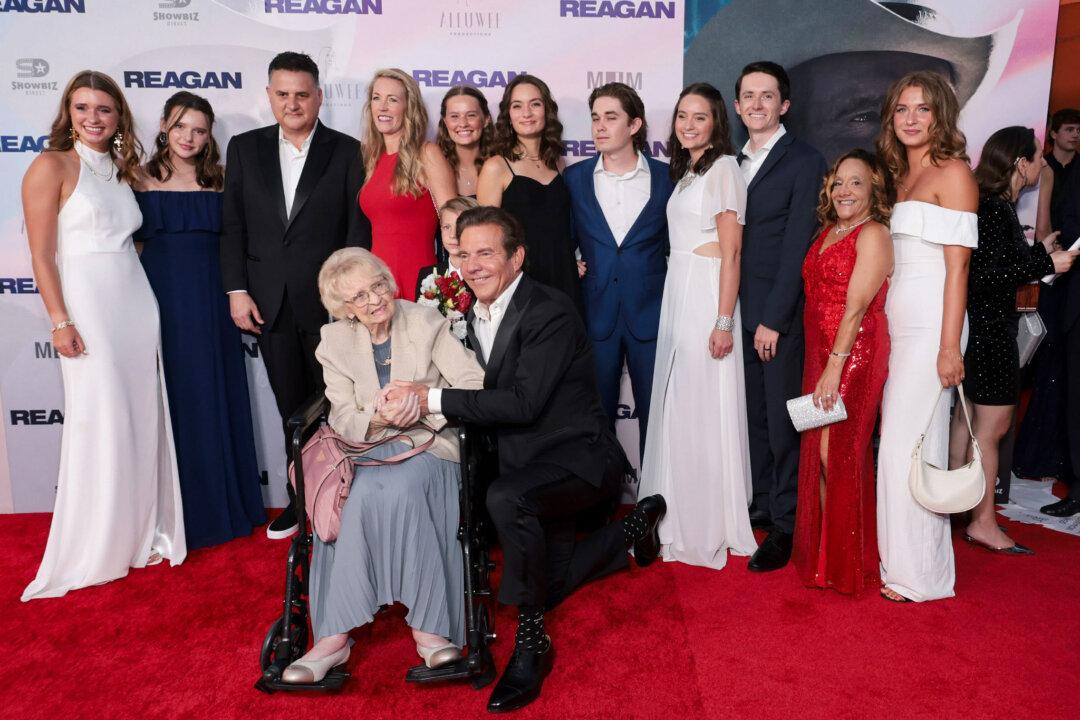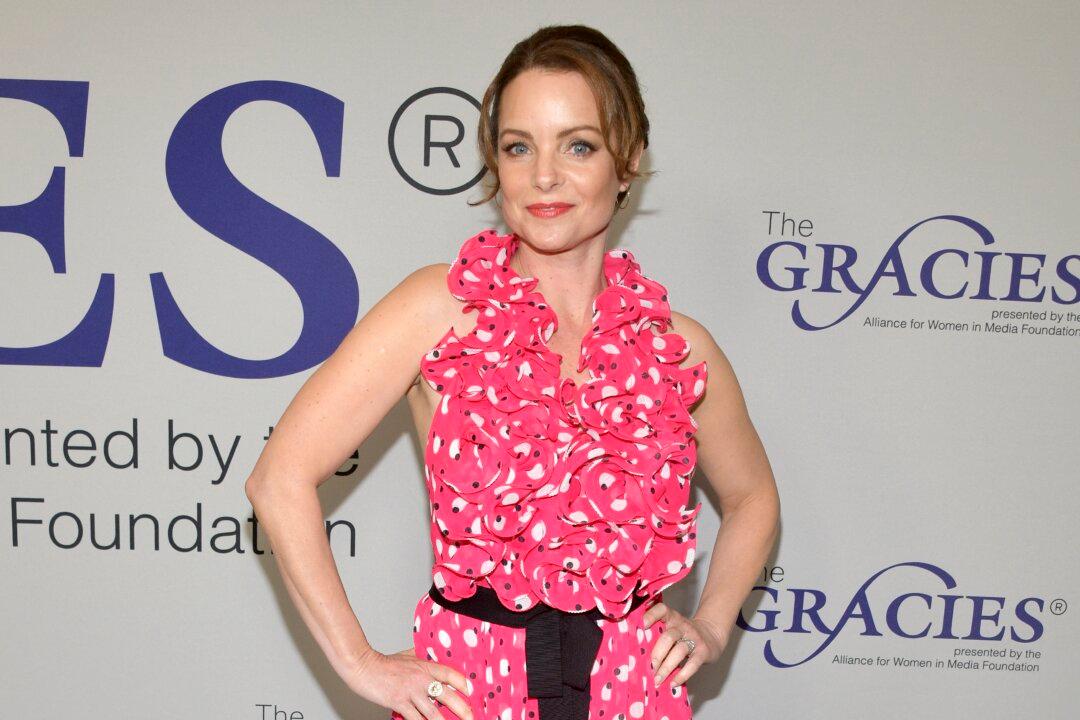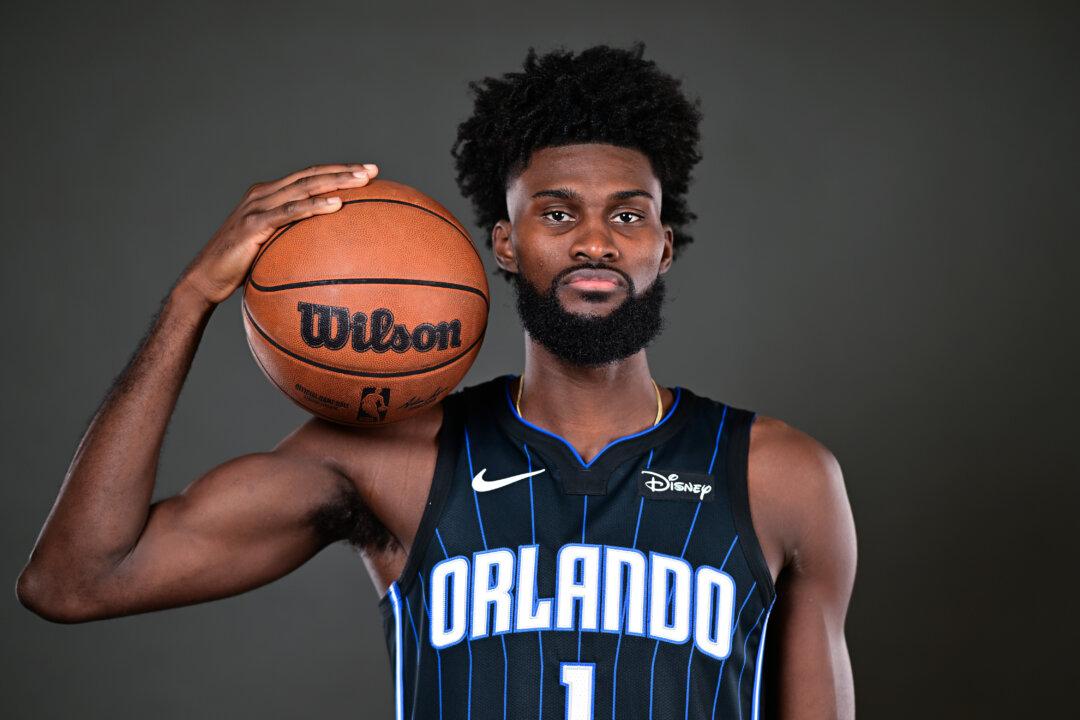Actor Barry Tubb, known for his role in the 1986 hit “Top Gun,” has taken legal action against Paramount Pictures, the studio responsible for both the original film and its 2022 sequel, “Top Gun: Maverick,” alleging that Paramount unlawfully used a behind-the-scenes image of him from the first movie in the later installment, without his consent and compensation.
Court documents filed on Wednesday in California, reveal that Mr. Tubb is seeking unspecified damages for the unauthorized use of his likeness.





